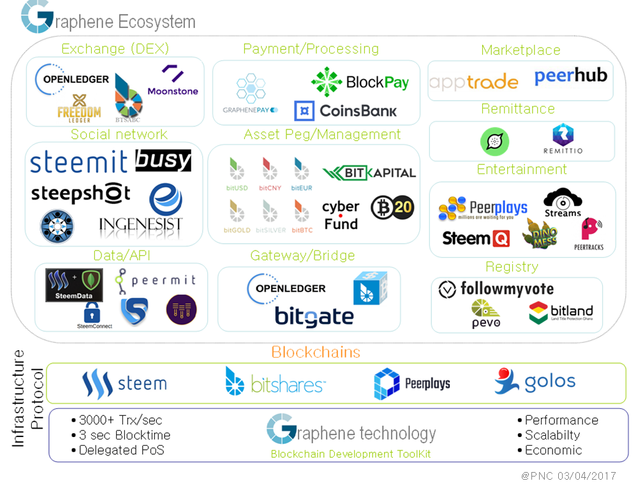DPOS (Delegated Proof of Stake) vs POW (Proof of Work) and The New Era
As a software engineer working in the industry for almost a decade, witnessing the birth and development of block chain technology, I am so excited to see its technological invention at the moment. When the Internet was invented at the first place, the technology itself was completely decentralized. However, as whale players like Google and Facebook have survived the fierce competition, the data is stored in centralized data centers and subject to censorship by these players. Economically we the mass public have sold our time and money for excellent services without any economic return. It might sound like a good business/social model 10 years ago.

However, as the block chain technology has emerged, it seems a better business/social model to overturn the existing centralized architecture. Its decentralized autonomous model also fulfills the initial design of Internet.
As we are embracing this DAC era, I have seen people arguing about the pros and cons while comparing DPOS and POW. Most people seem to be biased either consciously or unconsciously standing on one side of the debate. Here is my views of the two and how it impacted my financial investment.
(Disclaimer: I am just a geeky engineer. I am not your financial adviser, nor providing any financial advice)
Similar to the web/mobile era, new ideas have popped out of nowhere. However, every algorithm or data structure has its own unique advantage and disadvantage, solving a unique problem set. It is a fundamental agreement in the computer science world that no single algorithm or data structure could solve all problems. The same rule applies to the cryptocurrency world. End of the day, cryptocurrency is just a branch of computer science comprised of asymmetric cryptography and blockchain. DPOS and POW are just two different algorithms supporting the blockchain technology. Remember, there is no single algorithm can solve all problems.
POW is used by many cryptocurrencies, such as bitcoin and ethereum. The idea is simple and elegant. Every participant has to spend physical assets, such as hardware resources, to solve a hard problem while easy to verify by anyone else. As the currency becomes more and more valuable, more transactions occur in each block. It took longer for miners to process. If you are familiar with distributed programming and have worked in the IT industry, you must have heard about horizontal scaling. The backend web architecture and services must be designed in a way that new consumers can be served by as simple as adding more hardware. Apparently POW is not horizontally scalable based on its current design. But it is definitely the most secure model per asymmetric cryptography in today's world. Note, the quantum computing will overturn many existing CS theories.
Between performance and security, DPOS is designed to trade off security for better performance to some extent. Instead of having the whole world competing to process each block by wasting probably 99.9999% of the resources, DPOS asks stakeholders to select delegates to cooperate to produce blocks. Though the likelihood is very low, it is subject to corruption of the majority among all delegates.
Conclusion
While assessing the cryptocurrency, think about what problem it is trying to solve. Each application requires a good balance between performance and security. For exchange platform, security might be more important than security. We can all wait for minutes or hours or even days for a transaction to be cleared as long as it is secured. However, for many other apps, responsiveness is a critical feature to attract vast usage, thus better performance shall be prioritized by sacrificing certain level of security. Let's all embrace the advent of the real decentralized autonomous era!!!
References
DPOS vs POW
The Benefits of POW
Understanding the Graphene Blockchain Ecosystem
